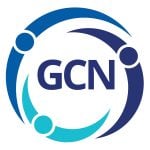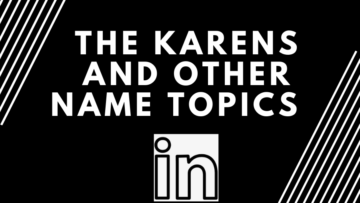The workforce is changing drastically. Today’s professionals need to have more specialized skills that fuel our data- and tech-driven society. The organizational landscape is moving towards a more remote and digital direction — a transition that’s been fast-tracked by the pandemic. In turn, this trend is changing the qualifications and skills that business leaders are now looking for when hiring.
Non-traditional training in focus
The ongoing health crisis is also changing how the workforce is being prepared to tackle and thrive in uncertain conditions. There is more focus on online training for professionals in the tech sector and beyond. It’s a trend that is being reflected in education as well. Business leaders have noticed that professionals are now coming from a much broader academic background. Many move away from traditional full-time courses to take either part-time or full-time online courses.
Universities are also encouraging this shift. An online master’s in management and leadership will prepare business professionals by developing essential qualifications such as communication and people management, at the same level as an on-campus course. Alongside how online qualifications are becoming just as valuable, those who study online also have an advantage in preparing for the modern remote workplace.
Being trained online equips professionals with essential skills that traditionally trained individuals may lack. It’s not just tech-savviness that’s important. Knowing how to manage or collaborate with others remotely is one of the most crucial skills in an increasingly digital society. Collaboration is something that today’s business leaders are acutely aware of in an online environment.
Soft skills that thrive in a remote workplace
Two of the primary soft skills that employers seek are communication and adaptability. As mentioned, communication is critical, given that many organizations are working remotely or at least adopting more flexible arrangements. Remote work doesn’t mean working alone. Team collaboration is still vital, and each member needs to overcome the challenge of being in a different physical space through constant communication to maintain productivity.
More than that, you need to be highly adaptable to succeed. Adaptability means being able to adjust quickly as circumstances change. These changes can be about anything that affects the business, whether it’s a new competitor or a pandemic. Having flexibility means standing out from a pool of talent. You also need to be adept at problem-solving and exercise resiliency.
Technical expertise in a tech-driven society
Of course, employers are on the lookout for technical and more specialized credentials. What has been highlighted recently is the need for professionals skilled in blockchain, cloud computing, and affiliate marketing. Blockchain pertains to a kind of code that is publicly recorded and cannot be altered. In general, blockchain expertise is demanded by cryptocurrency companies, given their dependence on the technology. However, the tech is also being used by various industry giants such as IBM, JPMorgan Chase, and Amazon for applications beyond finance.
Meanwhile, cloud-based skills are fundamental to a business’s digital transformation. Experts who can help organizations develop and maintain digital solutions are crucial to their sustainable success. Finally, an affiliate marketing expertise is critical in the retail sector. It’s been reported that consumers have developed a mistrust in traditional advertising but engage more with brands that advertise through affiliates. These brand partners are more effective at pushing brand messages because they understand how to connect with consumers and nurture those relationships.
With the economy gradually picking up, businesses are on a mission to find and hire qualified applicants. Nonetheless, finding employment has never been more competitive and frustrating. If you’re struggling to land a job, develop these soft and hard skills that employers value in their potential employees and future leaders




